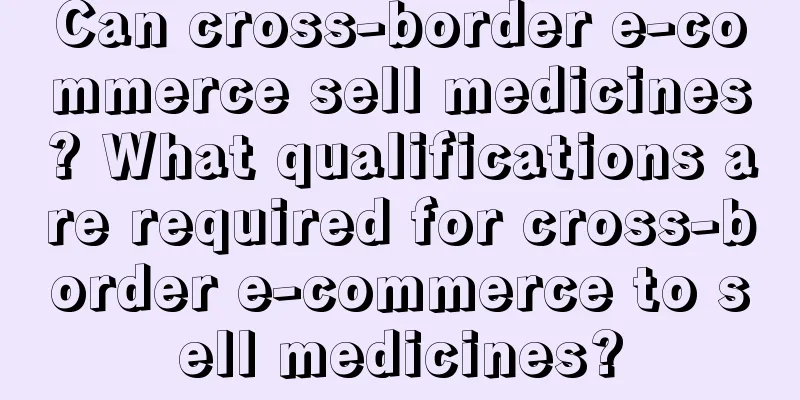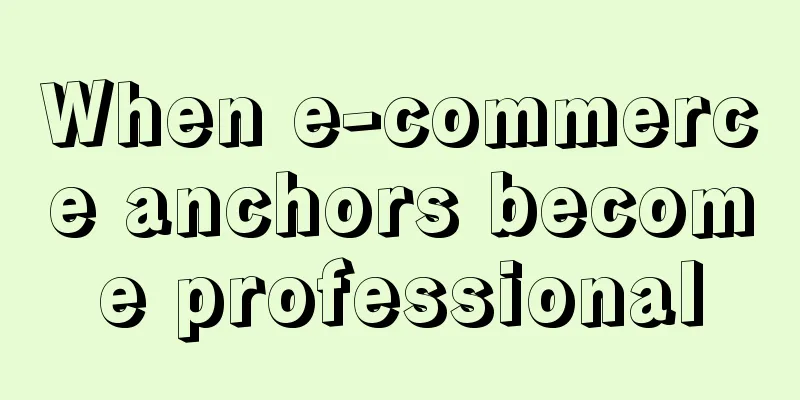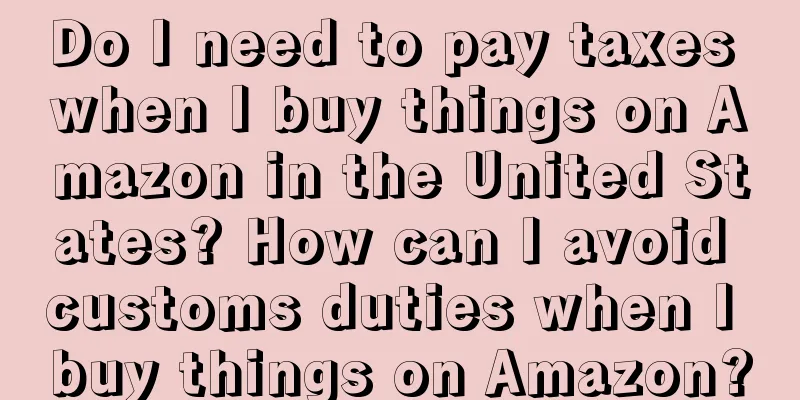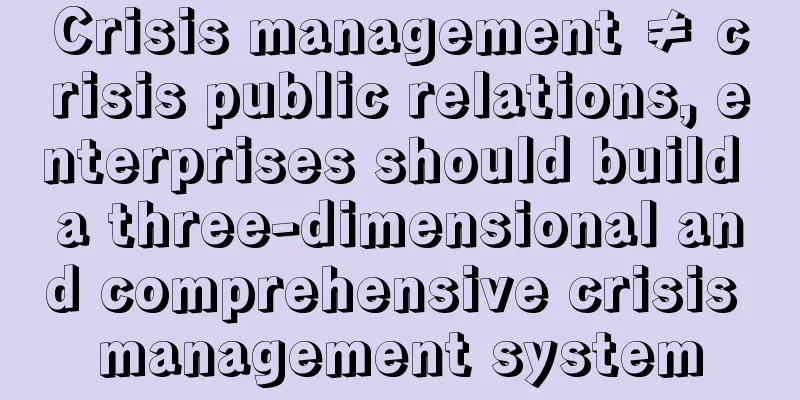Can cross-border e-commerce sell medicines? What qualifications are required for cross-border e-commerce to sell medicines?

|
Cross-border e-commerce has become part of global commerce, providing consumers with a convenient way to purchase international goods. However, when it comes to the sale of medicines, things are more complicated. This article will explore whether cross-border e-commerce can legally sell medicines, and what qualifications and regulations sellers need to meet. 1. Cross-border e-commerce and drug sales Cross-border e-commerce is a method that allows merchants to sell products and services to buyers in international markets. This sales model has been very successful in many fields, including fashion, electronics, beauty products, etc. However, the sale of pharmaceuticals is a different field because they have a direct impact on human health and life. Therefore, cross-border e-commerce sales of pharmaceuticals are usually subject to strict supervision and regulations. 2. What qualifications are required for cross-border e-commerce to sell medicines? In many countries, cross-border e-commerce sales of medicines need to meet a series of qualifications and regulations to ensure the quality, safety and legality of the products. Here are some key points that usually need to be considered: 1. Drug registration: In many countries, drugs must be registered and approved before they can be sold on the market. This usually requires registration through local health departments or drug regulatory agencies. Cross-border e-commerce sellers need to ensure that the drugs they sell have been legally registered and approved. 2. Licenses and Certificates: Sellers may need to obtain specific licenses or certificates to prove they are qualified to sell medicines. These licenses are usually issued by local health departments or regulatory agencies. 3. Quality control: Sellers need to ensure that the quality of the drugs meets relevant standards. This includes sourcing drugs from legitimate suppliers, maintaining correct storage conditions, and providing expiration dates and ingredient information for the drugs. 4. Safety: Drugs must meet safety standards to prevent adverse reactions and harm to patients’ health. Sellers need to ensure that the drugs they sell have not been tampered with or contaminated. 5. Accurate product information: Sellers need to provide accurate and clear product information, including usage, dosage, method of administration, etc. This helps ensure that patients use the medicine correctly. 6. Comply with international regulations: Sellers need to comply with cross-border trade regulations, including customs and tax regulations. International transportation of medicines is usually strictly regulated. |
<<: Alibaba International Station launches "Plan S"
>>: What does Amazon Web Services mean? What does it do?
Recommend
Phoenix Legend tells us that the most high-end business wars often appear in the simplest way
Recently, the topic #Listen to Phoenix Legend and ...
How to open a store on eBay? How to charge?
eBay is an overseas purchasing platform that provi...
Sharing of classic copywriting sentences, which can be applied
Copywriting is an important part of product promot...
With over 100 million members worldwide and over 90% renewal rate, how did Costco achieve this success?
In the retail market, membership-based supermarket...
With annual sales of 100 million cups and 30 million members, how does Shanghai Auntie achieve "high conversion" in the private domain?
This article starts with Shanghai Auntie, the &quo...
2018-2023, Chronicle of the Rise of Douyin Brands
E-commerce and traffic are closely related. In oth...
A tea brand "Yinian Caomuzhong" private domain growth case analysis, worth learning for everyone
At present, the development of the tea industry is...
700 yuan per hour, 70 million yuan per year, who is making money from young people's anxiety?
The healing industry has been gaining popularity i...
The economics behind Black Myth: Wukong
As a highly anticipated domestic 3A game, Black My...
Ten thousand words long article: How B-side Internet products can acquire customers through multiple channels
It is much more difficult to acquire customers on ...
Young people who like to have fun have developed 10 new ways to travel
Exploring how young people are redefining travel, ...
Can an individual open a store on Shopee? What should I pay attention to?
Many e-commerce platforms have two forms of openin...
This year's Double 11 is unusual, and the platform has begun to reduce the burden on merchants
Compared with previous years, this year's Doub...
Interpretation of Xiaohongshu’s important new features!
Xiaohongshu’s spotlight platform has added three n...
How to avoid being tricked by the e-commerce platform’s 618 pricing?
I didn’t expect that the “routines” of the 618 act...









